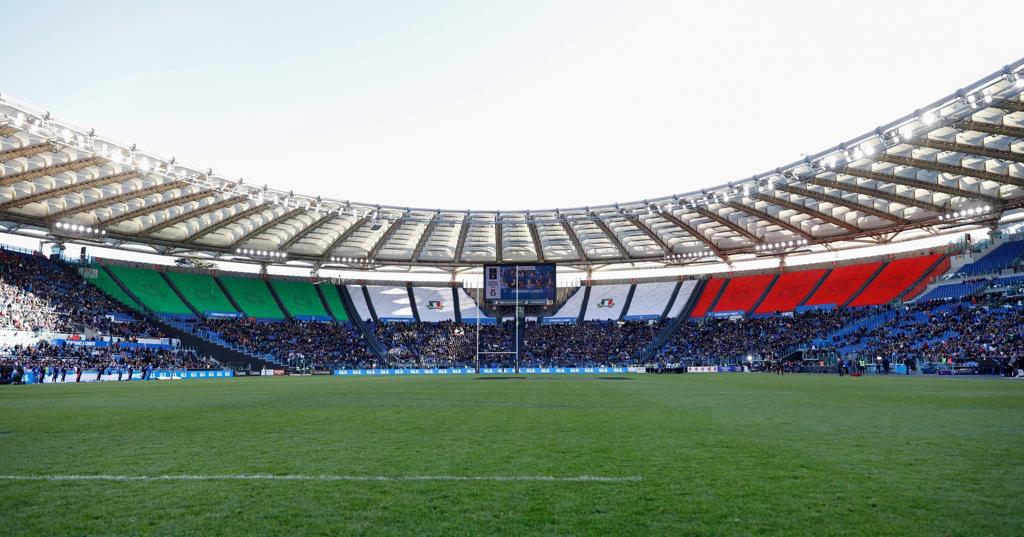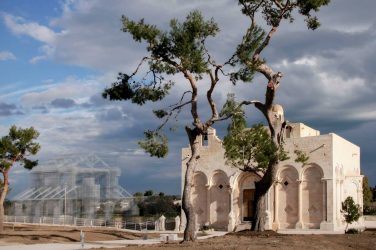As part of the sustainability strategy of the Six Nations event in Rome, the Italian Rugby Federation has purchased Sustainability Credits from the Tuscan-Emilian Apennine National Park.
Six sustainable nations and forests: the ISO 20121 certification for the sustainable management of events acts as a link.
In order to reduce the climate footprint of the Six Nations, a commitment made at the beginning of the path for the sustainability of the internal meetings of Italy Men in the Tournament, FIR has acquired thirty Sustainability Credits from the National Park of the Tuscan-Emilian Apennine to offset the otherwise unavoidable CO2 emissions.
The Sustainability Credits specifically offset emissions for the electrical and thermal energy consumption of the Olympic Stadium and the Third Time Village and those related to the production of waste for all stages of the event. As the emissions are equal to 29.53 tons of CO2 equivalent, 30 Sustainability Credits have been purchased (1 Sustainability Credit corresponds to 1 ton of CO2 equivalent absorbed).
«The purchase of Sustainability Credits goes far beyond the compensation of emissions, even if for us it is an objective that the Six Nations in Italy minimizes the impact – says Pierluigi Bernabò, FIR Events Director – We have chosen this project because it supports the improvement of forest ecosystems, promoting actions that can protect and strengthen them to effectively combat climate change».
A Credit for Sustainability is the economic recognition of ecosystem services (food, water, wood and fiber, leisure, spiritual well-being, CO2 absorption) that the forests of the Biosphere Reserve of the Tuscan-Emilian Apennines offer to mankind.
«The decision to support the Sustainability Credits project of the Tuscan-Emilian Apennine National Park takes place following a virtuous organizational and management process of the Six Nations triggered with ISO 20121 – says Cesare Buffone of Punto 3, who took care of the path to obtain the certification. – A value chain that is aimed at minimizing environmental impacts and increasing the social impact of the Italian stages of the most important rugby event in the world, and that chooses to compensate for the impacts that have not yet been avoided».
In addition, FIR has implemented a series of concrete actions to reduce emissions.
Thanks to the partner Sport & Salute, the manager of the spaces, the Olympic Stadium can count on energy-efficient lighting systems. Furthermore, the stadium is 100% powered by green energy, thanks to the choice of a supplier with a Guarantee of Origin.
Choosing local suppliers, where possible, allows for the reduction of emissions related to the travel of goods and operators.
Sustainable mobility has been promoted thanks to partners such as Trenitalia and Atac Roma and it has been chosen the use of biodegradable and environmentally friendly materials and the reduction of everything that is considered superfluous.









Show Comments